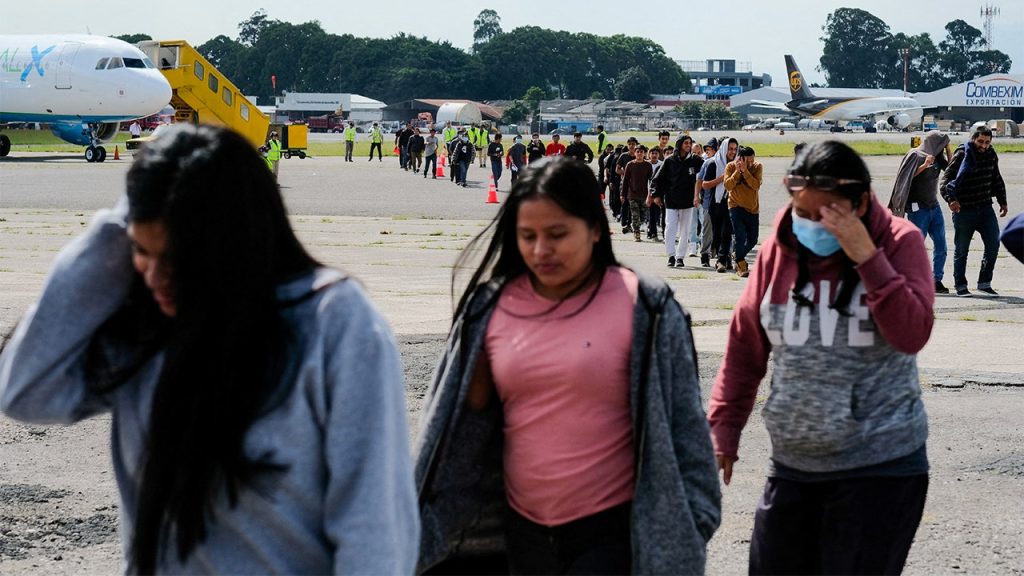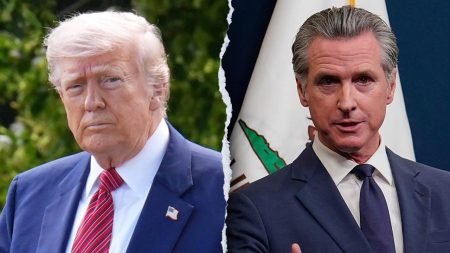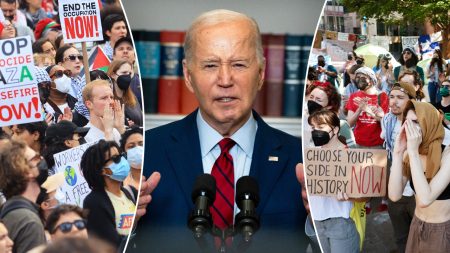Guatemala’s potential acceptance of deportees from the United States under the incoming Trump administration represents a complex interplay of political strategy, economic considerations, and regional dynamics. Driven by a desire to strengthen ties with the U.S. and position itself favorably within the new administration’s policy landscape, Guatemala has signaled its willingness to receive not only Guatemalan deportees but also those from other Central American nations, including Nicaragua, Venezuela, and Haiti. This proactive stance contrasts with the reluctance expressed by other countries in the region, such as Mexico and the Bahamas, to accept third-country nationals deported from the U.S. Guatemala’s decision underscores the delicate balance it seeks to strike between its own national interests and the broader regional implications of a potential surge in deportations.
The anticipated increase in deportations under the Trump administration presents both opportunities and challenges for Guatemala. While Guatemalan officials acknowledge the country’s lack of immediate preparedness for a large influx of deportees, they see potential benefits in leveraging the skills and experience gained by these individuals during their time in the U.S. The hope is that returning deportees, many of whom have worked in various sectors and acquired English proficiency, can contribute to Guatemala’s private sector and stimulate economic growth. This optimistic outlook, however, is tempered by the potential strain on Guatemala’s economy, particularly given the significant role of remittances from Guatemalan workers in the U.S. These remittances represent a substantial portion of Guatemala’s GDP, and a decline in this income stream could have adverse economic consequences.
The economic implications of increased deportations are further complicated by the uncertainty surrounding Trump’s economic policies, particularly his proposed tariff hikes and potential taxes on remittances. While Guatemalan officials have expressed confidence in their ability to manage the initial influx of deportees, the long-term economic impact remains uncertain. The lack of a concrete financial plan to address the potential decline in remittances reflects the complex and unpredictable nature of the situation. Guatemala’s willingness to accept deportees, therefore, appears to be a calculated gamble, driven by a desire to curry favor with the new U.S. administration while simultaneously attempting to mitigate the potential economic fallout.
Guatemala’s proactive approach in engaging with the Trump transition team, including meetings with key figures like Senator Marco Rubio and representatives from the Heritage Foundation, highlights its strategic efforts to navigate the evolving political landscape. This proactive engagement contrasts with the approaches taken by neighboring countries like El Salvador and Honduras, further emphasizing Guatemala’s desire to position itself as a key partner in addressing regional migration challenges. The emphasis on a regional pact among Honduras, Guatemala, Nicaragua, and El Salvador, which allows for free movement within these countries, further underscores Guatemala’s attempt to frame the deportation issue within a broader regional context.
The potential surge in deportations also raises critical questions about the responsibility of individual countries to reintegrate their citizens and the capacity of receiving countries to absorb a large influx of returnees. While Guatemala has emphasized its commitment to prioritize the reintegration of Guatemalan nationals, the practicalities of this process remain unclear. The challenges of providing adequate resources and support for returning deportees, including housing, employment, and social services, underscore the potential strain on Guatemala’s social and economic infrastructure. The situation is further complicated by the potential arrival of deportees from other Central American nations, which could exacerbate existing challenges and require a coordinated regional response.
In conclusion, Guatemala’s decision to accept a potentially larger number of deportees from the U.S. under the Trump administration represents a complex calculation driven by political and economic considerations. While the Guatemalan government hopes to leverage the skills and experience of returning deportees to boost its economy and foster closer ties with the U.S., the potential economic fallout from a decline in remittances and the uncertainty surrounding Trump’s economic policies create significant challenges. Furthermore, the logistical and social implications of reintegrating a large number of deportees, including those from other Central American countries, raise critical questions about resource allocation and regional cooperation. Guatemala’s proactive engagement with the incoming Trump administration and its emphasis on regional solutions highlight its efforts to navigate this complex and evolving landscape, but the long-term consequences of this policy decision remain uncertain.










